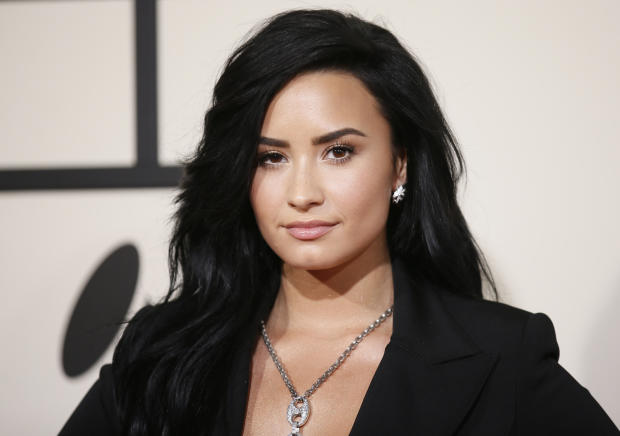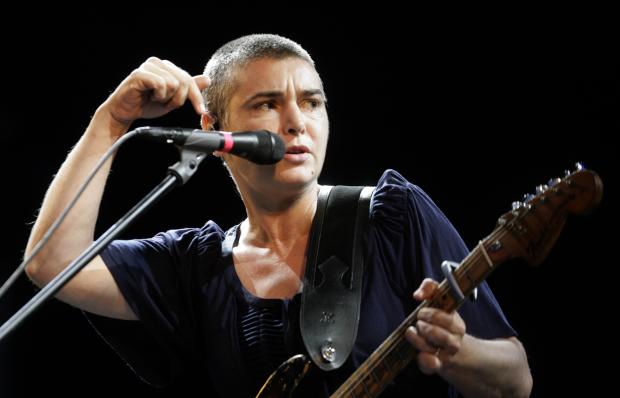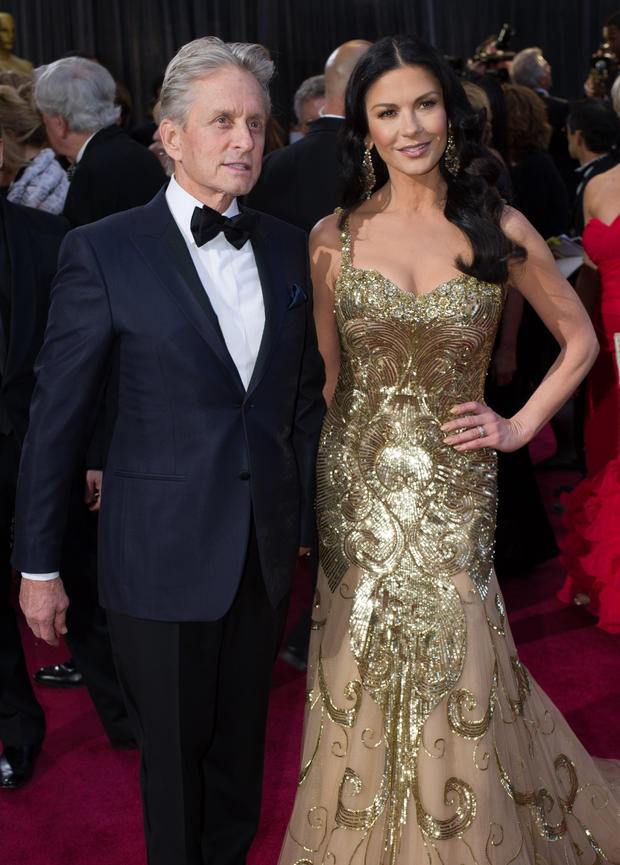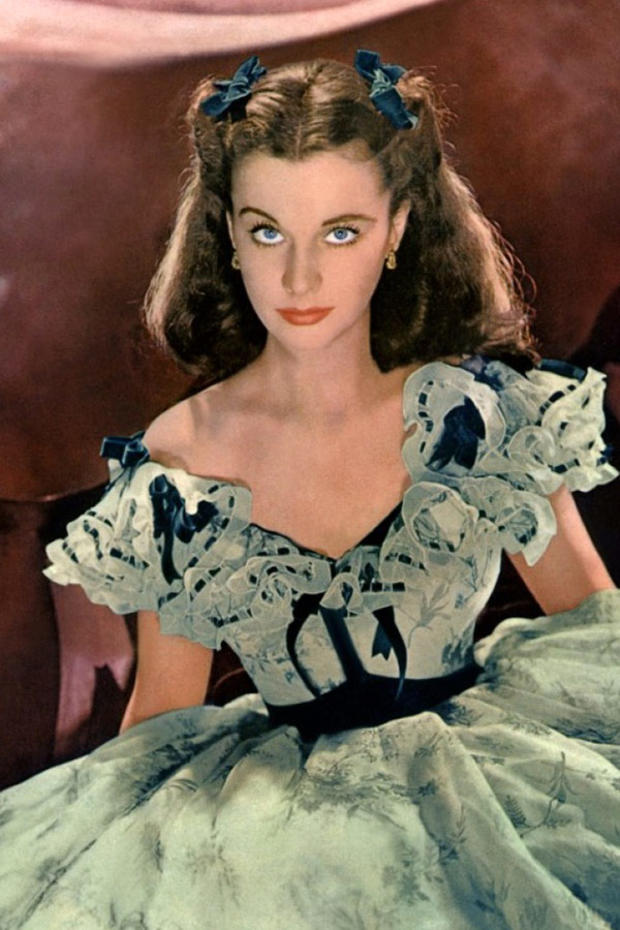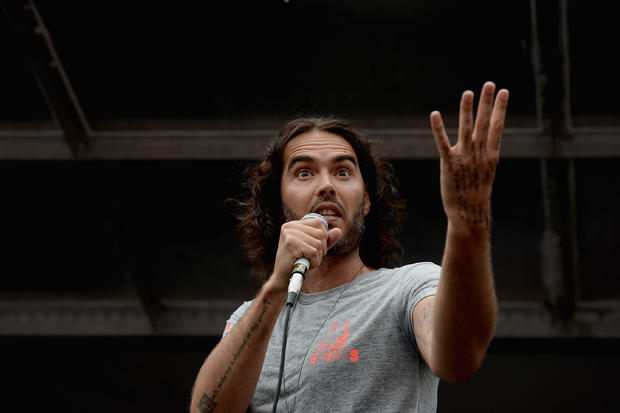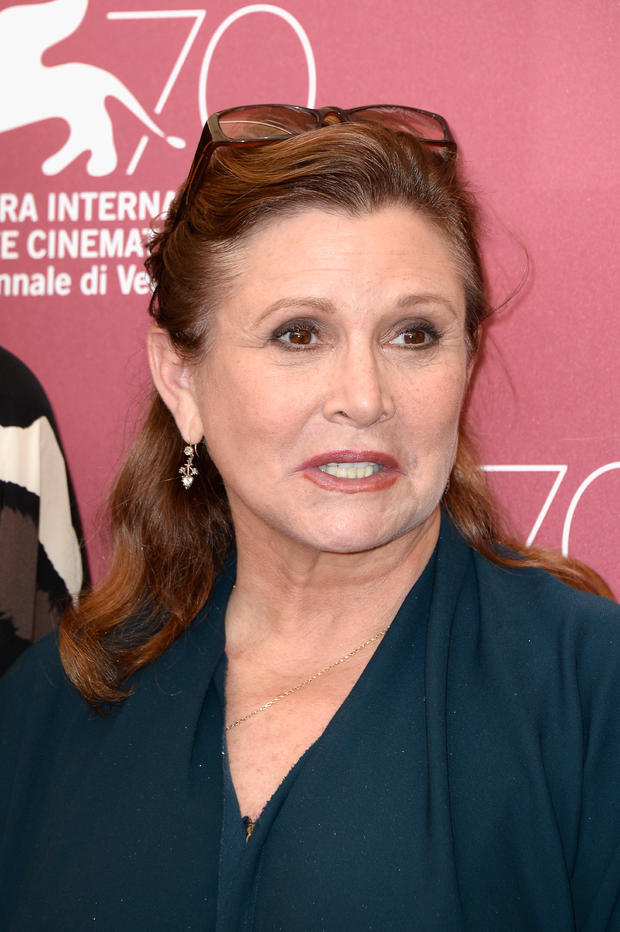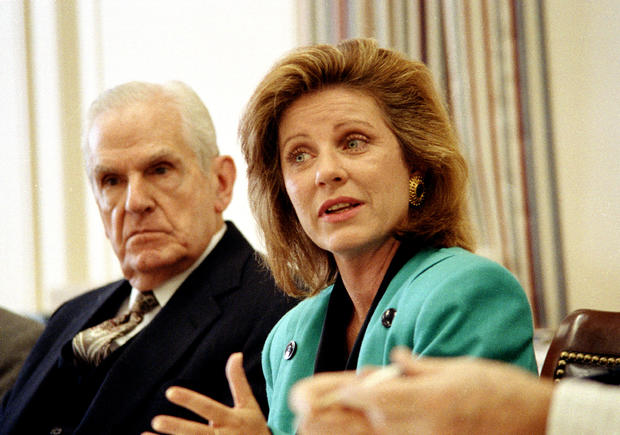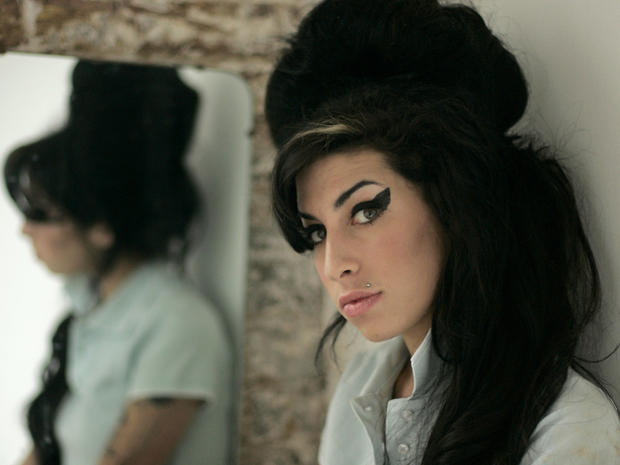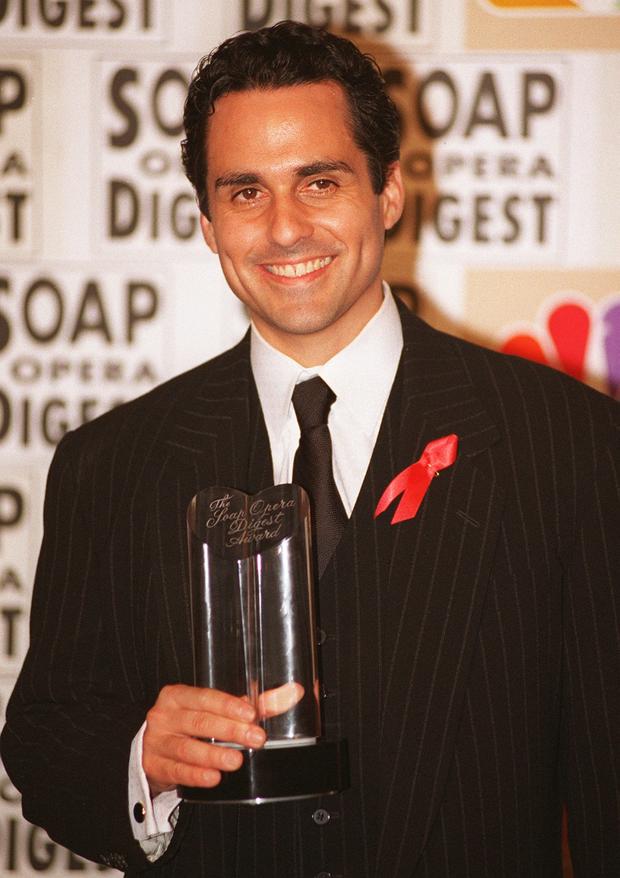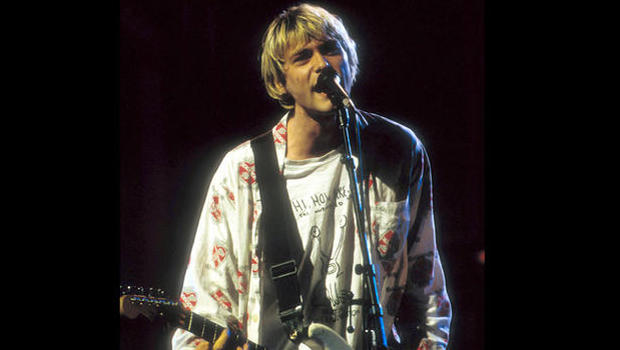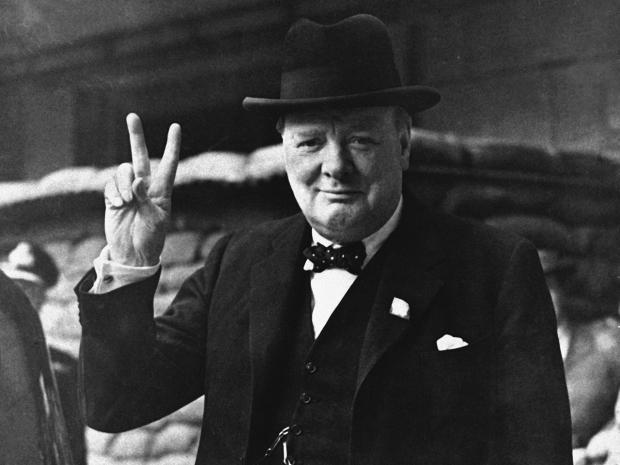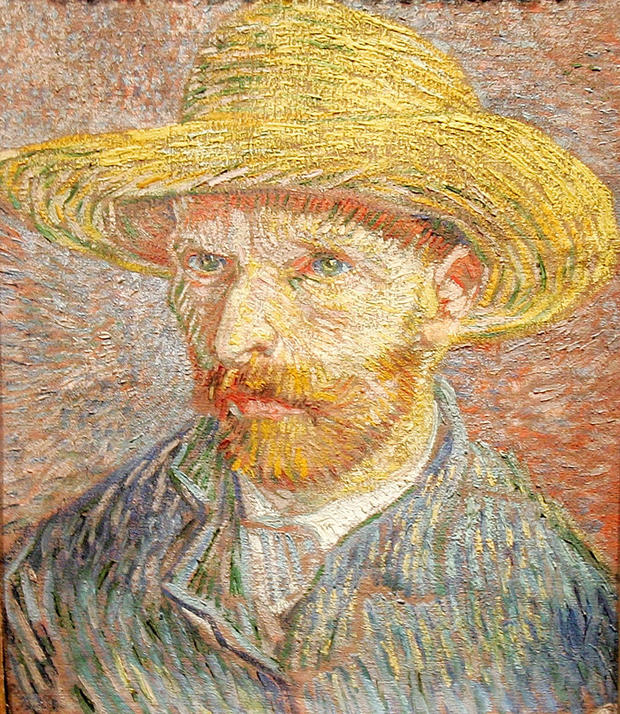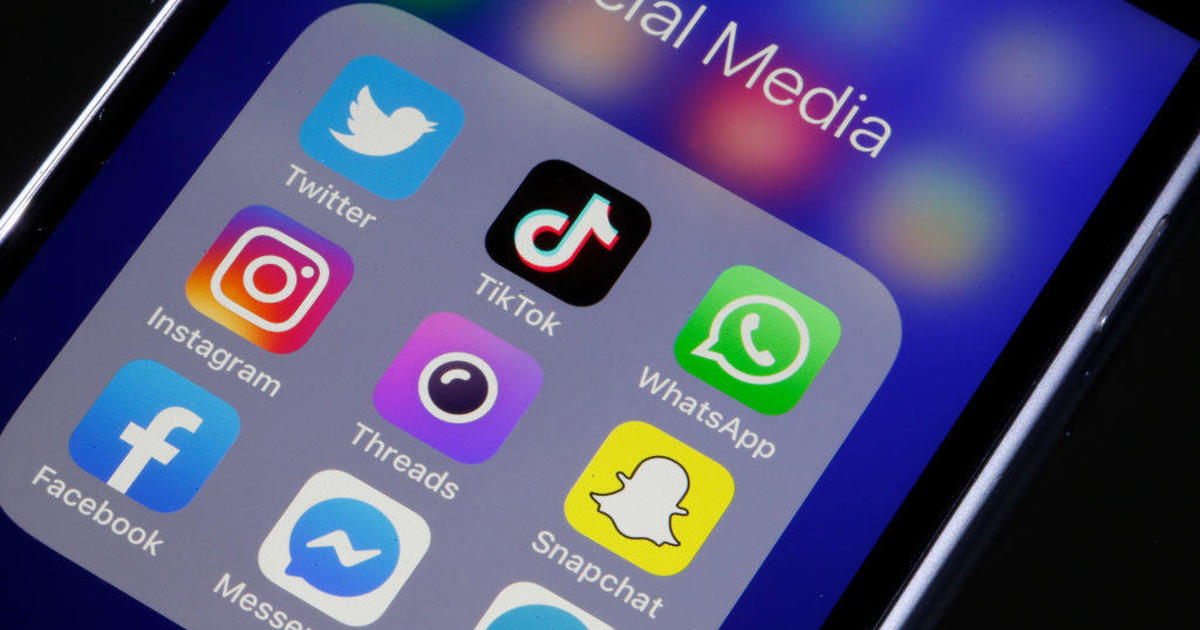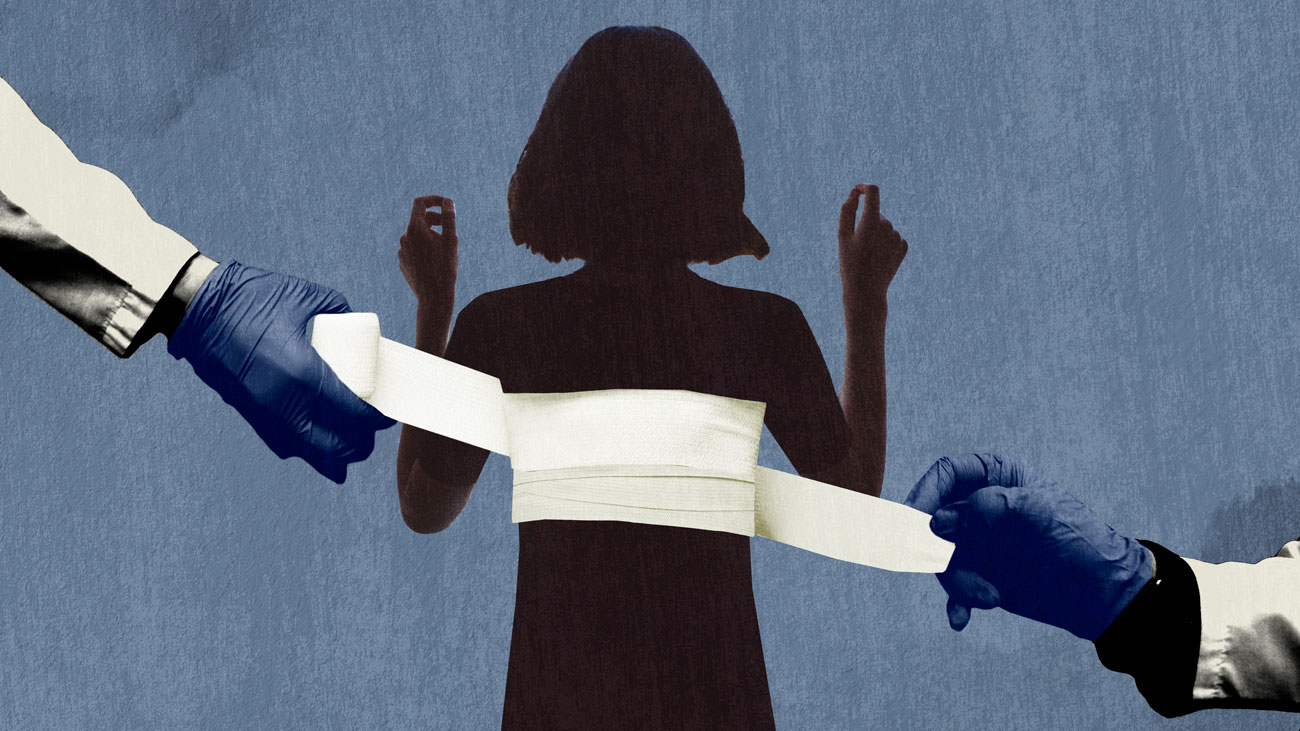Famous people with bipolar disorder
Many high-profile, successful people have been diagnosed with bipolar disorder, once known as manic depression. More than 5 million Americans suffer from the disorder, according to the National Institute of Mental Health. In observance of World Bipolar Day in March, which aims to raise awareness and eliminate the stigma of the illness, here's a look at some famous people with bipolar -- many whom have become advocates for mental health.
Singer Demi Lovato was diagnosed with bipolar disorder when she entered rehab at age 22. Before her diagnosis she had struggled with bulimia, drug addiction and cutting.
She has chosen to use her fame to help eliminate the stigma and advocate for treatment, taking part in a campaign called "Be Vocal: Speak Up for Mental Health" in 2015.
Lovato told WomensHealthMag.com she wants women to know that "it's possible to live well, feel well, and also find happiness with bipolar disorder or any other mental illness they're struggling with."
Mariah Carey
Mariah Carey says she was first diagnosed with bipolar disorder in 2001. She went public with her diagnosis in April 2018 in an interview with People magazine, saying that she now feels she is in a good place managing her mental health.
"Until recently I lived in denial and isolation and in constant fear someone would expose me," she said. "It was too heavy a burden to carry and I simply couldn't do that anymore. I sought and received treatment, I put positive people around me and I got back to doing what I love — writing songs and making music."
Sinead O'Connor
Irish singer Sinead O'Connor's rendition of "Nothing Compares 2 U" topped charts from Europe to Australia, and earned O'Connor multiple Grammy Award nominations. In 1991, O'Connor was named Artist of the Year by Rolling Stone. She recorded 10 solo albums.
The singer was diagnosed with bipolar disorder more than a decade ago. She told Oprah Winfrey in 2007 that before her diagnosis she had struggled with thoughts of suicide and overwhelming fear. She said at the time that medication had helped her find more balance, but "it's a work in progress."
Jane Pauley
Television journalist Jane Pauley became a household name on NBC's Today Show and Dateline, and now appears as a contributor for CBS News' "Sunday Morning."
Pauley began experiencing depression at the age of 50, and wrote about it in her autobiography "Skyrwriting: A Life Out of the Blue." Pauley suffered from hives, and it is thought that the steroids used to treat the condition kick-started manic periods. She was first treated for depression. Pauley explains that without mood-stabilizing medication, anti-depressants can be dangerous, producing a "bungee cord effect."
Pauley wrote: "I was of two minds about my new persona. On the one hand I was impressed with my new creative energy, but on the other hand I was suspicious that I didn't have it completely under control. Sometimes I was raring to go; other times, just hanging on."
Mariette Hartley
Emmy-winning actress Mariette Hartley, well known for her Polaroid commercials with actor James Garner, went public with her bipolar diagnosis in an interview with USA Today. She was diagnosed in 1994 during a serious suicidal depression. She had a family history that included suicide; her father committed suicide in 1963 and her mother attempted suicide soon after. Hartley described herself as an alcoholic.
Doctors first thought she suffered from depression, but bipolar disorder is characterized by manic phases in which people feel heightened energy, creativity and productivity. People suffer extreme mood swings.
"Bipolar disorder is something that is mine. And it is very difficult to talk about it," Hartley told USA Today. "Breaking this silence has been really wrenching for me. I went into a kind of depression wondering if I really wanted to talk about all this. I finally decided that education is more important."
Hartley worked with the pharmaceutical company GlaxoSmithKline, which manufactured a medication for bipolar disorder, to help educate people about proper diagnosis and treatment. Hartley co-founded the American Foundation for Suicide Prevention.
Hartley (L) and her daughter Justine pose upon arriving at the press opening of the Los Angeles production of "Kiss Me, Kate" August 24, 2001 at the Shubert Theatre.
Jean-Claude Van Damme
Jean-Claude Van Damme, star of "Bloodsport" and "Timecop," had four failed marriages, suffered from cocaine addiction, was arrested for drunk driving and was charged at one time with spousal abuse. He was eventually diagnosed with rapid-cycling bipolar disorder after hitting bottom.
In hindsight, he says he coped with an undiagnosed manic-depressive disease by training. In 1999, Van Damme remarried his third wife and quit cocaine cold turkey
There are several types of bipolar disorder: bipolar I, bipolar II, rapid-recycling, mixed bipolar and cyclothymia. Common symptoms include loss of energy, problems sleeping, difficult concentrating and o n the other side of the spectrum euphoria, needing less sleep, feeling edgy, hyper, irritable and engaging in risky behavior.
Catherine Zeta-Jones
Catherine Zeta-Jones has bipolar II disorder, a form that has longer down periods, following a difficult time in her personal life. Zeta-Jones went through a period of mood swings following an intense period of stress when her husband, Michael Douglas, battled stage IV throat cancer. Adding to the stress was a fight with Douglas' first wife over royalties from the actor's movie, "Wall Street: Money Never Sleeps." Stress is often a trigger for the disorder.
Zeta-Jones has been public about being bipolar and has been an advocate for de-stigmatizing mental illness, hoping she can inspire people to seek treatment.
Vivien Leigh
Vivien Leigh of "Gone with the Wind" fame swung between severe depression and mania. In addition, she had chronic insomnia.
At the time, bipolar disorder was not as well understood as it is now. Lithium was yet to be used as a mood stabilizer. Leigh was treated with electro-shock therapy. Like many others with bipolar, Leigh abused alcohol.
Russell Brand
British stand-up comedian and actor Russell Brand, known for his public antics and outrageous comedy, was treated for depression when he was young. He struggled with binge-eating, unusual for boys, and while still in his teens began abusing drugs and alcohol.
Brand stopped using drugs in 2002 and in 2014 celebrated his 12th year being sober. Since dealing with his substance abuse he has acted as a sponsor for others and helped raise funds for Focus 12, a drug treatment program, in Britain.
Brand has been diagnosed with ADHD and bipolar disorder. He often references being bipolar in his performances and writing.
Carrie Fisher
Carrie Fisher, who made an indelible mark playing Princess Leia in "Star Wars," struggled with drug and alcohol problems. It is difficult to diagnose bipolar in someone with substance abuse. After being a sober a year, she was diagnosed with bipolar at age 29.
Her father, Eddie Fisher, was also bipolar. The disorder can run in families.
Fisher has become outspoken about her disorder and a strong advocate for mental health, She told the Huffington Post, "At times, being bipolar can be an all-consuming challenge, requiring a lot of stamina and even more courage, so if you're living with this illness and functioning at all, it's something to be proud of, not ashamed of."
Patty Duke
After a lifetime of mental health issues, Oscar-winning actress and 1960s pop culture icon Patty Duke was officially diagnosed with manic depression in 1982. She revealed the diagnosis in her autobiography, "Call me Anna," in 1987. The book details her condition and treatment that subsequently stabilized her life.
Duke also co-authored the book "A Brilliant Madness: Living with Manic Depression Illness" in 1992 about her life with bipolar disorder.
Duke was one of the first celebrities to go public with bipolar disorder, as it is called today. She became a mental health activist, lobbying congress and working with the National Institute of Mental Health in addition to the National Alliance on Mental Illness.
Here, Duke appears as a witness before a House Appropriations Subcommittee holding hearings on funding for mental health programs on Capitol Hill in Washington, D.C., April 27, 1989.
Amy Winehouse
Super-talented British singer-songwriter Amy Winehouse suffered from substance abuse and bipolar disorder. She was not known to have sought treatment for her bipolar disorder. By one estimate, 30-60% of people who suffer from manic depression also have substance abuse problems. Winehouse herself linked her drinking to depression.
The five-time Grammy Award winner died July 23, 2011, at age 27, from alcohol poisoning. Her last album "Back to Black" was issued posthumously. Winehouse is ranked 26th on VH1's 100 Greatest Women in Music list.
Maurice Benard
"General Hospital" soap opera star Maurice Benard was diagnosed with bipolar after a major breakdown at age 22.
The soap world took after real life when the show created a storyline with Benard's character, Sonny Corinthos, diagnosed with bipolar disorder when Benard let it be known he was bipolar. Head writer Bob Guza said, "Maurice wasn't just playing it, he was living it. And he went to some scary, scary places."
Benard is a spokesperson for the Depression and Bipolar Support Alliance. He reminds people about the importance of treatment, saying if he doesn't take his medication, lithium, he has a breakdown.
Linda Hamilton
Linda Hamilton of "Terminator" fame says she struggled with depression most of her life and was a compulsive eater. She counts from the age of 20 to 40 as her lost years, until she was diagnosed as bipolar in the 1990s. She said she was the opposite of her "Terminator" character Sarah Connor and suffered horribly with severe mood swings.
After diagnosis and treatment she told AP radio, "My quality of life is more amazing than I ever could've imagined in those 20 years of struggling with illness."
Kurt Cobain
Nirvana frontman Kurt Cobain committed suicide in 1994 at age 27. He suffered from substance abuse in addition to having mental health problems. There was also a history of suicide in his family.
Kurt Cobain's cousin, Bev Cobain, a registered nurse with a background in mental health, spoke about Kurt being diagnosed at a young age with Attention Deficit Disorder and then with bipolar disorder. He did not pursue appropriate treatment, though, she said.
Winston Churchill
British Prime Minister Winston Churchill, one of the great leaders of World War II, often referred to his bouts of intense, prolonged depression as his "black dog." When not battling depression he had incredible energy and was highly productive.
Churchill's doctor, Lord Moran, wrote in his memoir "Winston Churchill: The Struggle for Survival" that he had diagnosed the prime minister with bipolar disorder. Despite his personal battles, or perhaps because of it, Churchill was a man of immense accomplishments.
Vincent Van Gogh
World renowned Dutch post-impressionist painter Vincent Van Gogh is legendary for paintings such as The Starry Night which continue to draw huge museum crowds. He may be as well known for his eccentricities and a tragic history that includes cutting off his part of his ear during a bout of depression. Though there have been several attempts to diagnose Van Gogh's behavior and problems, there is strong evidence that leads many experts to believe he suffered from bipolar disorder. The artist fluctuated between extreme mania and depression. He ultimately committed suicide with a self-inflicted gunshot wound at age 37.
Vincent Van Gogh's painting "Self Portrait with a Straw Hat"
